Lucky: An interview with director John Carroll Lynch
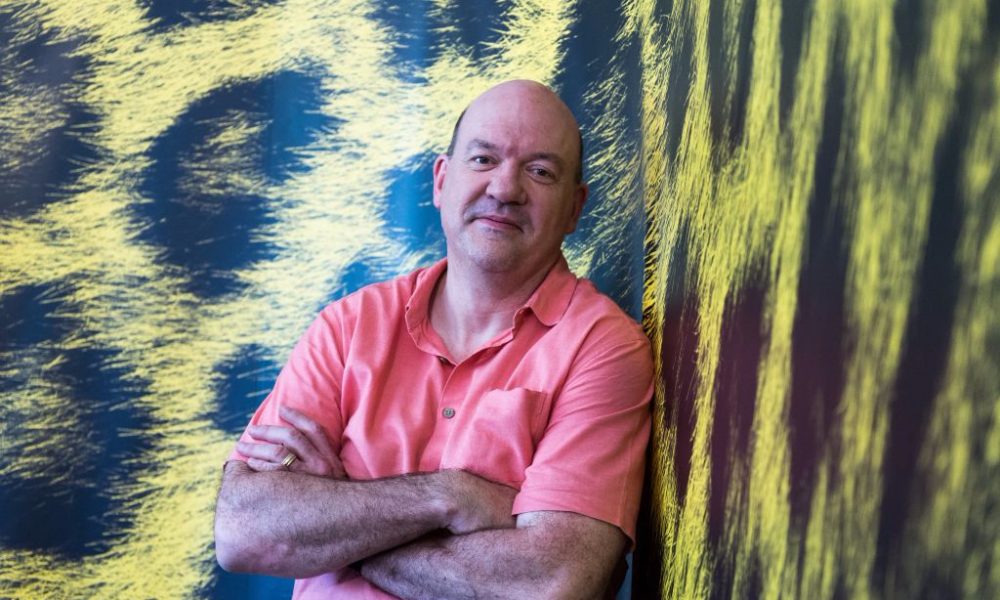
Lucky is the debut directorial work from American actor John Carroll Lynch. It is being shown in competition at this year’s Locarno Film Festival, receiving a glowing response from critics. The film features a standout performance from Harry Dean Stanton, who stars as the titular lead who confronts mortality for the final time, a man reconciling his atheism with the closing stages of his life.
We interviewed John Carroll Lynch a few days after the press screening of Lucky in Piazza Grande. We spoke with him about his newest film, his previous acting work and his memories of working with Stanton.
Hello John. This is your first film as a director. How did it go?
I’ve worked on a lot of sets and with a lot of brilliant directors over the years, the hall-of-famers who are really good at their job. I’ve tried to keep my eyes and ears open. I’ve wanted to direct for a long while. I’ve wanted to tell stories that I can’t as a 6ft 4, 54-year-old bald guy. I’ve seen what approaches work and fail in the actor-director relationship. Most actors on this film are mid-career professionals. You have to adapt a lot to say what they would need to do. This was particularly true of Harry. He doesn’t accept that he’s acting at all. The primary tenet of his work is, “I don’t act”. That’s a really interesting place to be because if he’s not acting then I guess I’m not directing. And yet I do have to direct him. It made it more difficult due to the personal nature of the material, where we were exposing the brick and concrete of everyday life. It’s really vulnerable work for Harry. It’s taking stories of his life, thoughts he has had, and attaching them to a totally different person. This was really tricky and fun.
This film was written for Stanton.
Yes. There’s a documentary about his life called Partly Fiction. And I think this film could be subtitled “Partly Fact”. He did serve in World War II, he did serve on a ship, he was attacked by kamikaze and he did shoot a mockingbird. Those stories are his. The smile story is a construct. Logan [Sparks], the co-writer, has been Harry’s long-time friend. But when I came on as director I said that we needed to tie Harry’s stories into a construct. With lots of these tales on ageing it’s about saying sorry to past lovers or how you’re going to make things right, and we bravely decided not to do that. How does a guy look at himself as someone who is dying and still live fully? And do that without any safety note, no God, no second act. I loved that. It was tying Harry’s personal world into that construct.
Does Stanton want to do anything else?
He may get offers if a lot of people see this movie! Harry is very fragile and tenacious at the same time. He’s Lucky in that way. That sense of vitality, of hanging on, is still a part of who he is. At the same time the door is narrowing. It’s more present when you’re 91. It’s just a matter of distance.
The actors looked like they had or developed close relationships with Harry. Were some of those final scenes emotional?
Lucky doesn’t want to face the desert by justifying it with a fairytale, and he’s telling people that. He’s saying that the truth matters – there is no God. He’s getting people, whether they are willing or unwilling, to go to that place. There were many times that it was emotional and difficult for Harry. One of the characters in the script was called Bibi, [which] was the name of Harry’s housekeeper. He said, “it has to be my Bibi”. We had to work round that because he doesn’t accept imaginary circumstances. And that was my responsibility to find the moments we needed to match that truthfulness he never abandons. That’s why everybody on set wanted to work with him.
And how was working with him?
It was wonderful and frustrating and delightful and angering. He challenges. He wants to be directed and he does take direction. But you have to earn it. I don’t mind that one bit. For Harry it has to be real and that’s what I wanted. We both wanted that truth.
Is this also the truth for Lucky? He is trying to reconcile within himself, without external actors. He is looking for something intangible but valuable, his pointless point.
Yes, I’m glad you said that. The audience experience that intangible thing as a brick to the head. He somehow makes you be with him.
Does it lessen your enjoyment of the film if you’re not acquainted with Stanton’s life and work?
It’s a multilayered story. You can have a cinephile’s experience spotting distant cousins of this movie. You can go to the pub after and have a pint and talk about it. You can also just come to the movie and see the fragility and tenacity of Lucky’s body and the visceral nature of the desert, the loneliness and the emptiness of that house and the sudden awakening to community. You never once need to think about 1970s movies or Harry Dean Stanton. You don’t need to know David Lynch, for example. And that’s my responsibility to help you forget that. Howard’s [Lynch’s character] dilemma is so great. When he loses his tortoise, you immediately forget that it’s Lynch.
What is the significance of the tortoise as a symbol?
It must be very interesting to own a tortoise because the relationship is very different to other animals. The assumption is that you’re going to outlive the cat. Because whose pet is who? That tortoise is going to outlive you and you are in its service.
How was directing David Lynch?
He was the actor that he would have wanted as a director. He prepared and made the choices that he would want actors to make. He took direction in a way in which he would want actors to take direction. In the same way, I was trying to be the director that I’ve always wanted to work with.
Lucky makes some sexist and homophobic remarks. Is Lucky a bigot? Is that a part of Stanton’s character?
Lucky is a man of his time. I really wanted to have a diner scene before the Liberace speech, where Lucky looks frustrated in a situation where there is a gay couple kissing. Harry was great about it. I wanted the audience to have a sense that Lucky could be homophobic and then for him to say, “I don’t know why I ever worried about that – what difference does it make?”. Harry had said to me, “I was in the navy, of course I was a part of that – we used to beat those guys up. Then I got to thinking what the hell am I worried about.” And this is the same thing Lucky says. Harry talked himself into it. We spoke about the level of frustration, and the reaction at the end of the diner scene is comical. And when Harry left the set that day, he kissed the two guys in the diner on the lips.
Will you direct more films?
I’m intent on it. I’m really intrigued if I can do better.
Joseph Owen
Photo: Locarno Film Festival / Massimo Pedrazzini
Read our review of Lucky here.
For further information about Locarno Film Festival 2017 visit here.

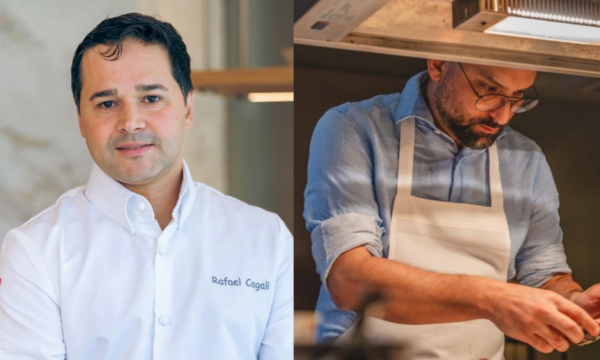
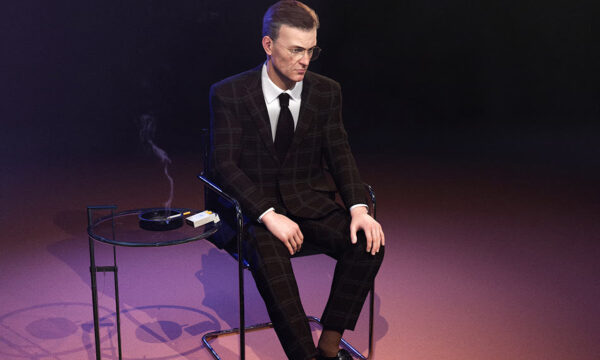

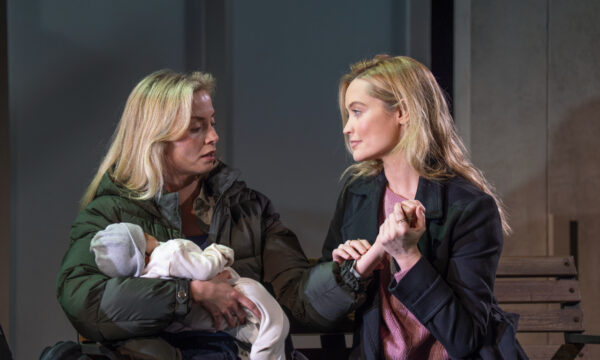
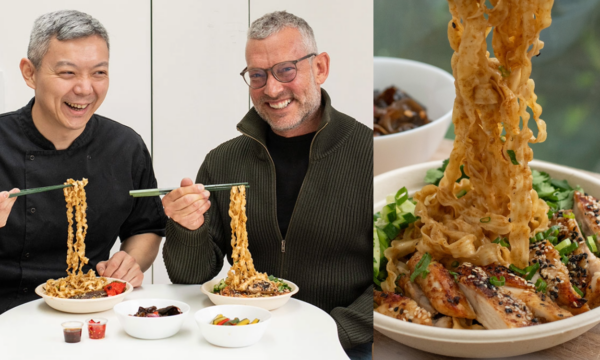

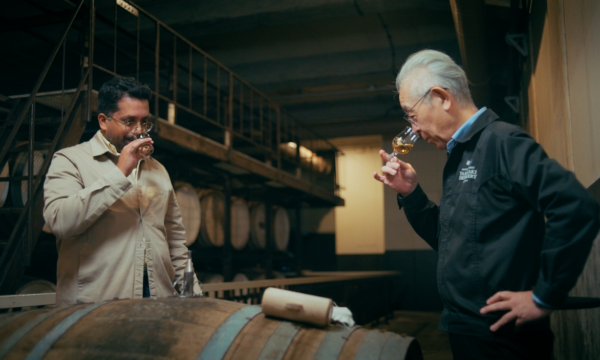
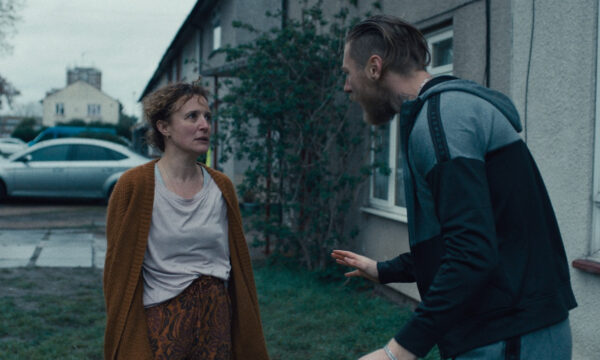









Facebook
Twitter
Instagram
YouTube
RSS